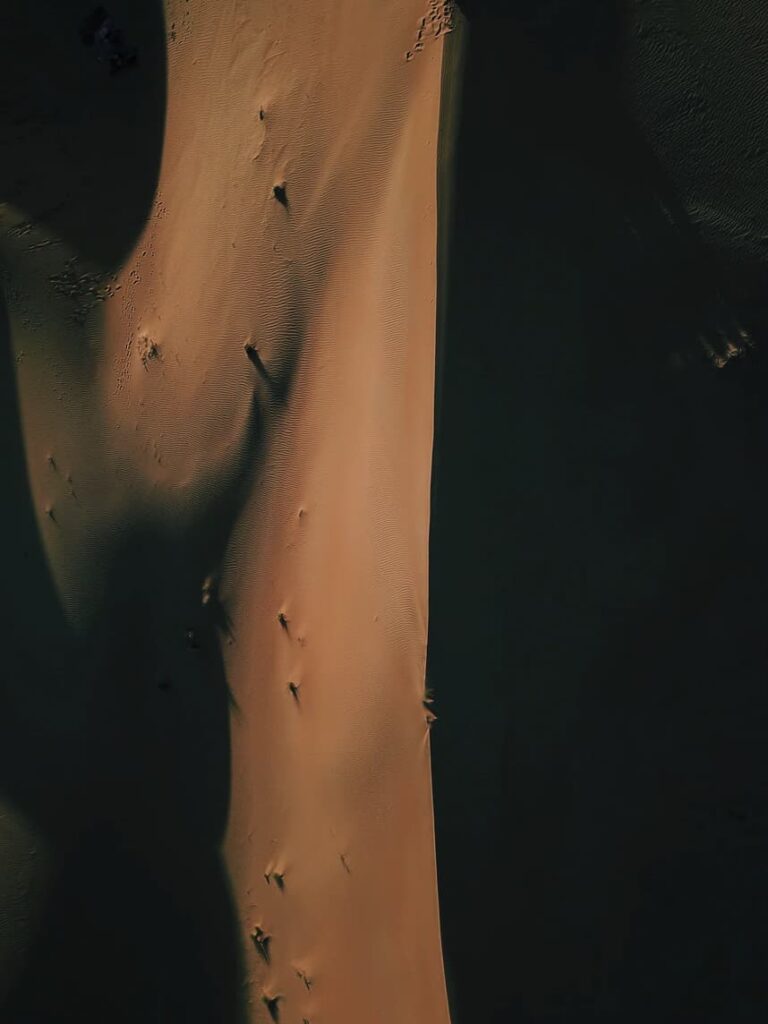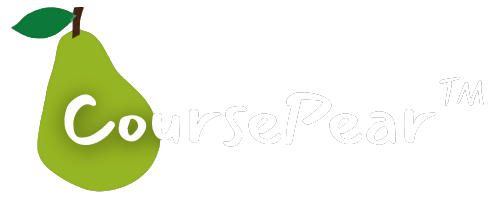🍐 我们总结了加拿大代写中——代写essay的经典案例,如果你有任何English代写的需要,可以随时联络我们。CoursePear™ From @2009。(ENG3U代写)
16-bit Intel 8088 chip
In a sentence or two, list the terms in the poem that are now mere memories in technology. Then indicate the extent to which you agree or disagree that the various electronic “languages” are incompatible with each other. Is this incompatibility as frustrating or as possibly dangerous as the human situation in which people cannot communicate with one another?
Show how the language changes in the last six lines. Comment on the sounds implicit in the language in the early and later parts of the poems by referring to the various devices the poet uses. I’d mention such terms as assonance, consonance, alliteration, sibilance, and diction.
Compare this poem to the previous poem, “Population Drifts,” by Sandburg. Focus on the last sections of both poems, and compare the poets’ treatments of nature. To what extent is nature seen as a saving grace in the midst of an overwhelming technology? Do you find that middle-aged and older people generally feel the same way Bukowski does when confronted by (probably) intimidating, new, technologies?
Blood
Note the severity of the language in the fourth stanza and how it intensifies the tone established in the first three stanzas. Comment on how this effect is achieved. What does the poet imply with the final two lines of the stanza?
In her final stanza, Nye suggests that some Arabs have acted inauthentically in recent history, that they are anything but “true Arabs.” Show how the language in the final stanza illustrates the frustration that Arab-Americans face. Focus on the imagery that centres on language and the various forms of communication the characters in the poem employ.
In one of his poems Wordsworth says that the smallest “flower that blows can give thoughts that do often lie too deep for tears,” implying that emotion cannot reach the depths that thoughts can. We’ve likely all had the experience of being moved by situations that we cannot explain, that are “too deep” for words as the father discovers in the final stanza of the poem.
Outline other historical situations you are familiar with that have rendered people powerless, and show how their art has allowed them to survive culturally. You might discuss the experience of African Americans or African Canadians, Jewish populations after W.W.II, or any other group that has endured similar suffering.
Sunday Morning
Carefully examine the first line of the poem. Decide which meter (rhythm) is used in the first line. Retype the line and indicate a soft beat with an x an a heavy beat with a /. Then name the various metric feet that are used in that line. How does the assortment of different rhythmic feet change the pace of the line?
This same technique is used in song writing, of course. Choose a lyric that appeals to you. Type four lines of the lyric, double spacing them, illustrate the distribution of beats, and show how the rhythm (or meter) affects the delivery of the lyric.
Carefully examine the first line of the poem. Decide which meter (rhythm) is used in the first line. Retype the line and indicate a soft beat with an x an a heavy beat with a /. Then name the various metric feet that are used in that line. How does the assortment of different rhythmic feet change the pace of the line?
This same technique is used in song writing, of course. Choose a lyric that appeals to you. Type four lines of the lyric, double spacing them, illustrate the distribution of beats, and show how the rhythm (or meter) affects the delivery of the lyric.
The language MacNeice uses in lines one and two is quite appealing. How are the lines linked? How does line two create an effective impression? How are stanzas one and two linked in their subject matter?
Suggested length: two or three paragraphs, double-spaced.
Note how the last four lines contain an entirely different atmosphere than the first ten lines do. How do those lines contrast with the earlier lines? How does the poet create this contrast? Discuss the use of poetic devices as well as the “sentence structure” of the final line.
Suggested length: two or three paragraphs, double-spaced.
Knowing Robs Us
Most would agree that knowledge is a positive force in society, but notice that the writer maintains otherwise. Show how the writer constructs a negative impression of knowledge by referring to the verbs associated with knowledge in the early parts of the poem and show why Achebe might be making this argument which seems to run counter to what most of us in the west believe to be true.
What has knowledge replaced? Discuss the kinds of beliefs that the speaker sees as being more worthwhile than knowledge. Which images make traditional beliefs more exciting and more interesting than the information gained though knowledge?
Show how the language in the second stanza presents a scene that contains both religious and even magical elements. How is this impression created?
Note how Achebe, a major academic figure in Africa for decades, ends the poem. How does mood of the poem change in the final stanza with that single, introductory word “but”? Do you feel that the poet is satisfied with the changes he has experienced? How do such changes compare to your losing faith in the myths you may have held as children?
With His Venom
1 Rearrange the lines to form another poem that presents ideas in a new way. The poem must make sense when it is read. You may break the expression “reptile-like” to create a simile that is attached to another noun.
2 You will record this new poem, but before you record, think about the various ways in which you could read your poem, and consider how the emphasis changes when you stress various terms, and change your pace throughout the reading. You may even choose to do two different readings of the same poem and show how the readings change what is implied in the lines.
3 Now, record the poem as an .mp3 file, and explain how your new version of the poem changes its original meaning. Aim for a five minute recording.
Vacation
Note how the poet successfully invokes many contrasts in the space of this short piece. List the contrasts, and after each one show how the poet makes these contrasts vivid in the mind of the reader. In this last part of the answer, respond as imaginatively as you can by fitting yourself into the opulent dining car of the train as well as onto the gravelly wasteland beside the train tracks. For each contrast write a short paragraph.
Sky
What does the word “illusion” mean? Which illusion did you have as a child, and how did your belief in that illusion change? How has your life changed as a result of your losing that illusion?
Many people have stated over the years that simply believing in a thing or concept gives it a kind of reality that cannot be shattered. This might be the case with abstract ideas such as peace or freedom, for instance. Name one abstraction you believe in, and show how it differs from “illusion.”
Often we have certain things or qualities in life without even realizing that this is the case. The child in the poem strives to touch the sky without seeing that he has it already in his hand. Show how the poem may be suggesting that many of us may already have what we have always desired without realizing it.
CoursePear™是一家服务全球留学生的专业代写。
—-我们专注提供高质靠谱的美国、加拿大、英国、澳洲、新西兰代写服务。
—-我们专注提供Essay、统计、金融、CS、经济、数学等覆盖100+专业的作业代写服务。

CoursePear™提供各类学术服务,Essay代写,Assignment代写,Exam / Quiz助攻,Dissertation / Thesis代写,Problem Set代做等。
